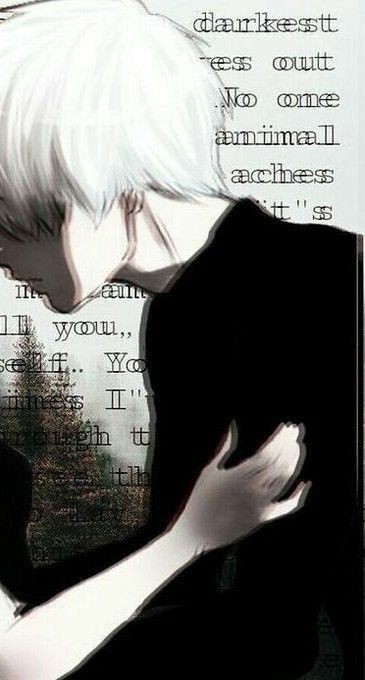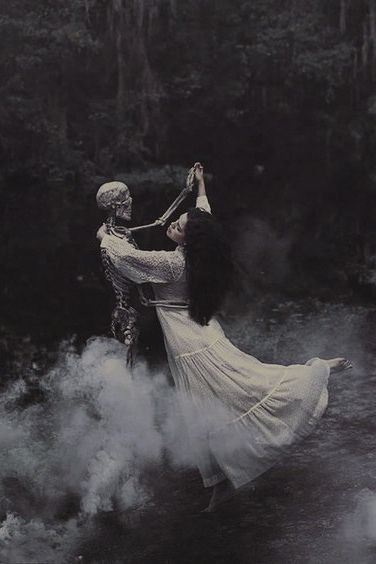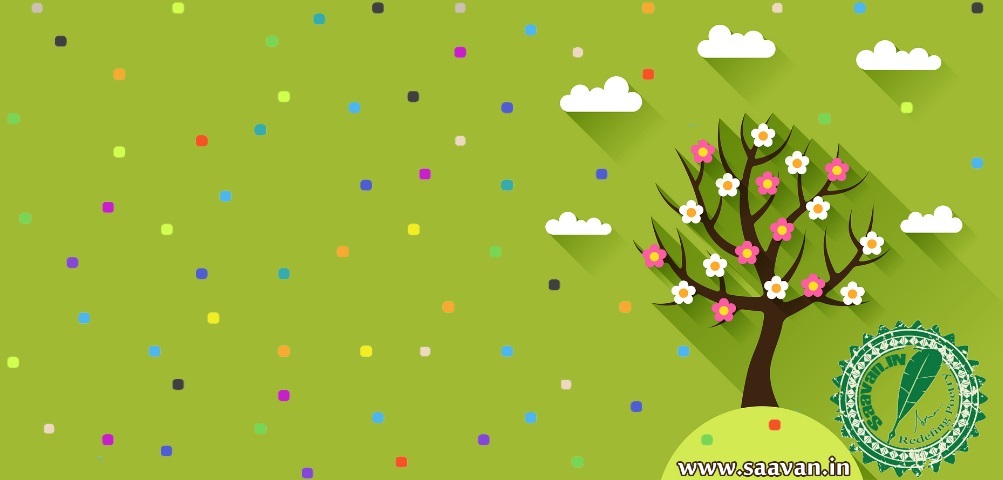death note
i have no place
to play.
all these vultures
are eating my innocence
and replacing it
with fear and darkness.
i wonder,
how they became so heartless
that they didn’t feel my pain.
i just have a wish,
for once, you feel my pain.
i assure you
you’ll never be unkind to anyone.
i stopped playing
and started merely existing
and at times, i question
why am i even alive?
blood, soil, pain, fire, and tears
wouldn’t those be counted as witnesses
of the suffering i endured?
for one second, make me god.
i want to just make them realise
what they have done wrong.
living in guilt, dying daily
would be their punishment!




The poetry stirs up powerful feelings of loneliness, hopelessness, and a need for compassion and understanding. The poem masterfully captures the emotional upheaval and existential doubt the poet goes through as they contemplate their pain and the meaning of their existence.Overall, the poem successfully conveys the poet’s unfiltered emotions, creating a realistic image of their agony and yearning for justice and understanding.
The poem starts with a straightforward yet profound line that says the poet does not have a place to play. This sentence alone makes up the ambience for the majority of the work. As per the poet, the loss of a place to play can symbolise a loss of innocence and a lack of ‘home’.
Playing is a real enjoyment common to all. Play can come in building blocks and even in cracking goals, however, when one loses interest to indulge in the very activity that keeps the inner child alive, it strongly points out the hopelessness one feels.
On a side note, declaring that you don’t have a place to play can mean you don’t have a place to be a fun-filled child at. This can signal towards a sense of loneliness that the poet feels, in that, the poet has lost any family or ‘home’ that he can safely be themself without worrying about judgements.
This mindset of despair is conveyed to the reader in the succeeding stanzas. And as we progress along the poem, we can notice that the sadness and dismay slowly turn the poet bitter. It is as though the poet begins by stating the very cause, and determines the solution that seems feasible through his pained eyes.
In the second stanza, we see a reference to the passive-aggressive people in the poet’s life who have caused torment. Vultures are scavengers, never hunting the prey when alive, but picking at the meat of a dead animal. This quality hides them as being passive hunters. The ones you can never expect harm from until the very moment it comes as a backstab.
The poet then forms a wish to be understood in pain. The poet’s solution to his grief is still not the torment of others as they have caused him, but rather the elimination of neglect his pained part has received. He feels so unheard that he questions his existence, an irony to his previous statement of ‘merely existing’.
When he fails to have a human understand and see his pain, he turns to the immortal elements of blood, soil, pain, fire and tears that are live testimonials of his turmoil. He calls upon his last witnesses, to save his pain from being renounced.
In the end, the poet demands control to make them face his pain. He wants kindness but when he cannot gain it through tears and requests, he demands supreme control over the situation. And he orders karma to get those people who failed to see him weeping.
Overall, the poem tells us that wounds not treated early turn into tumours over time. Additionally, each line of the poem starts off with a lowercase letter, showing us the informal tone. This could mean that the poet is still stuck in the situation that he was in before and that these impulses are merely his own. He is still alone, and he paints this self-portrait in loneliness.